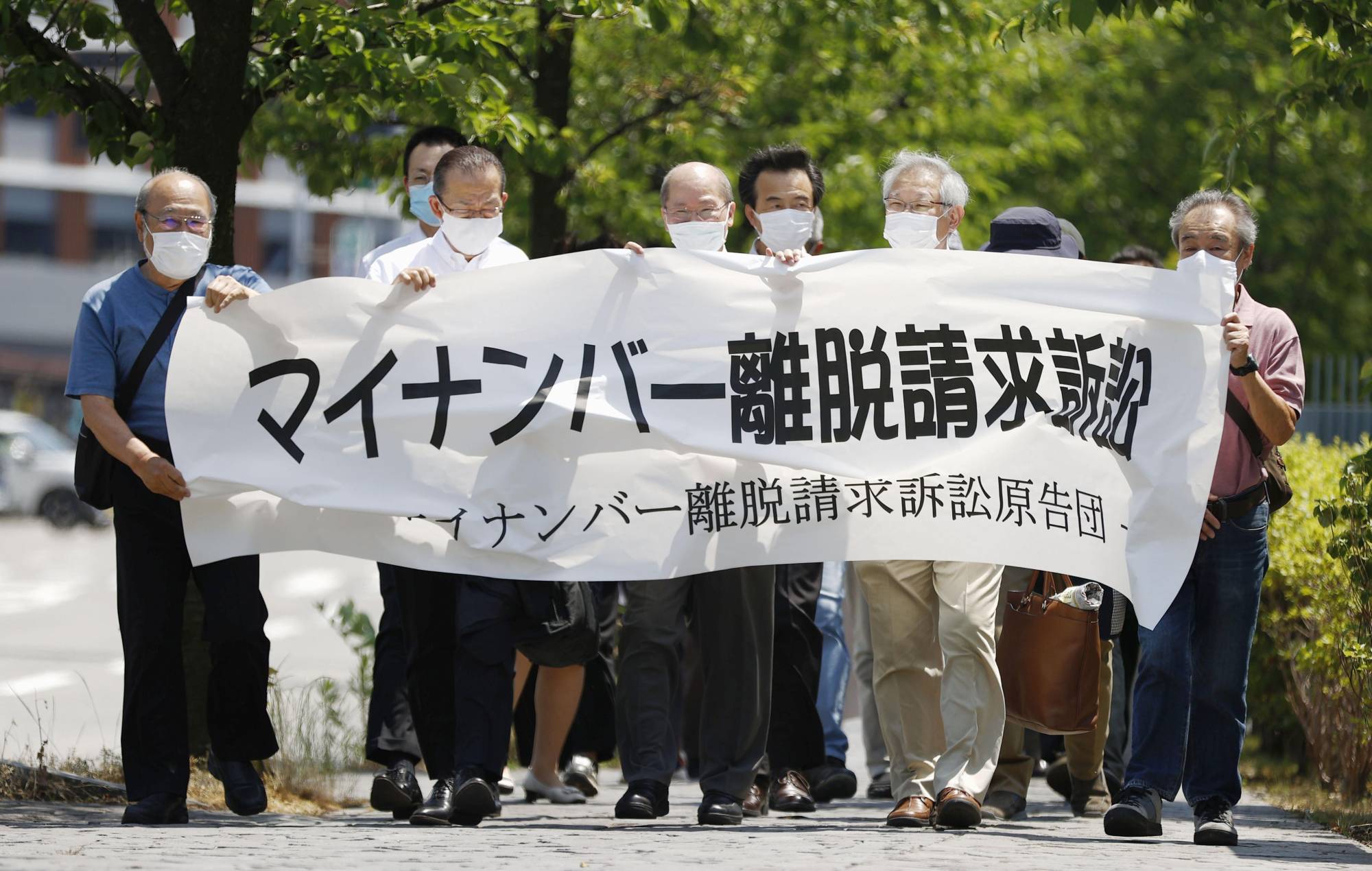In the last several months, the government has floated several new policy ideas designed to increase the adoption of My Number cards. While the personal identification system was first introduced in 2015, only about 17 percent of Japanese residents hold My Number cards. This is a problem, according to officials. They claim that widespread adoption of the My Number system would decrease administrative costs substantially as well as increase the efficiency of social service delivery.
Our recent research (forthcoming in the Journal of Politics) suggests one possible reason for why so few Japanese sign up for My Number cards — and why current proposals might not succeed. In June 2018, we conducted a survey with a sample of 4,514 Japanese residents. The purpose of the survey was to understand how Japanese residents express political opinions when they believe themselves to be under possible surveillance.
In the survey, we asked respondents for their opinion on eight different domestic and foreign policy issues. These included whether: (1) they approved of Japanese economic conditions; (2) whether they supported the Liberal Democratic Party; (3) whether they approved of same-sex marriage; (4) whether they thought that capital punishment should be maintained; (5) whether they supported the anti-terror conspiracy law; (6) whether they supported restarting nuclear reactors; (7) whether Japan should acquire nuclear weapons; and (8) whether the Self-Defense Forces can exercise collective self-defense.



